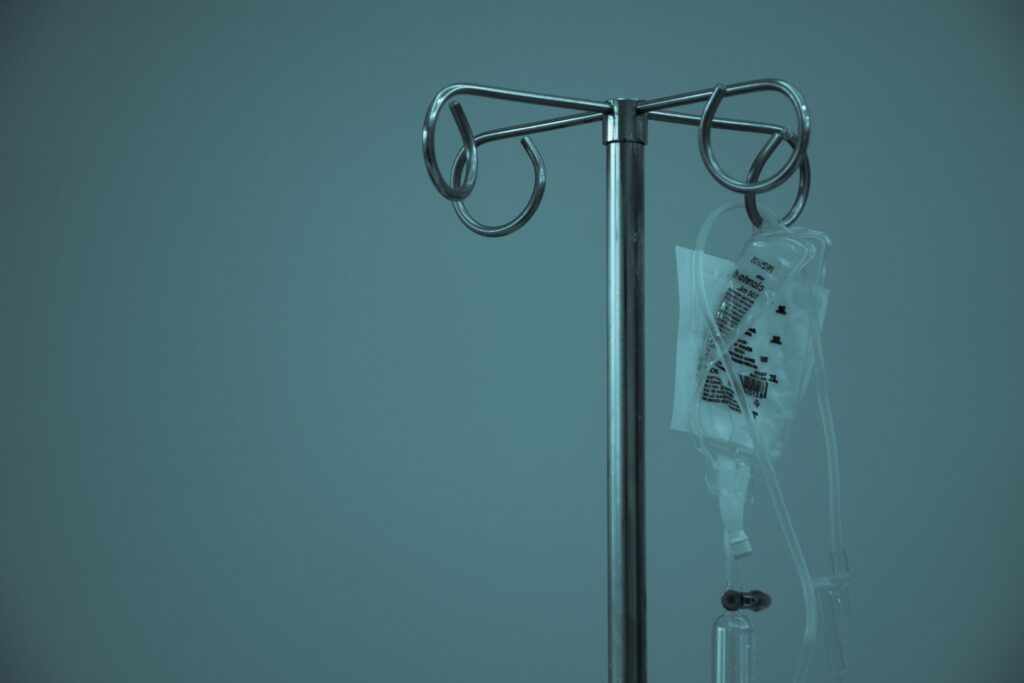
Everyone at some point in their lives has the ubiquitous experience of waiting for long hours in an emergency room, waiting to be seen by a doctor. Here in Kamloops at Royal Inland Hospital, that can mean up to eight hours of sitting and waiting. Most people haven’t considered how difficult it could be to access care if you didn’t have an ID, no address for follow-up information to be mailed to, and no phone to call a doctor.
We have government-paid healthcare plans; however, prescriptions are not free, and any services outside of an emergency room can be challenging to access. This is the experience for thousands of Canadians experiencing homelessness or housing instability when trying to get care. It’s not just the difficulty in getting care in the first place that’s a challenge for unhoused people, but their living situation puts them at an increased risk for adverse health outcomes. For example, someone living in a shelter is far more likely to contract a viral or bacterial infection when compared to someone who has a private residence.
Many have difficulty accessing mental healthcare and substance use treatment since therapists charge $100 per hour or more, and public supports are often strained. These circumstances create a vicious cycle where patients cannot get care because of their housing status but cannot get housing because their health is too poor to work.
Canadian healthcare has neglected unhoused people for far too long, and our healthcare system is in dire need of an overhaul to serve this marginalized population.

